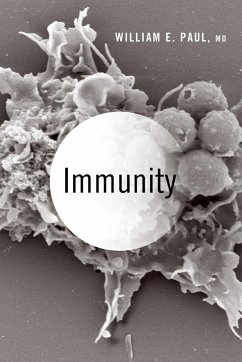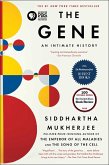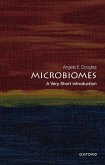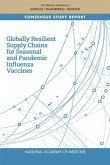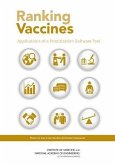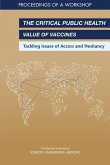A leading figure in immunology takes readers inside the remarkably powerful human immune system. Winner of the CHOICE Outstanding Academic Title of the Choice ACRL The immune system has incredible power to protect us from the ravages of infection. Boosted by vaccines, it can protect us from diseases such as measles. However, the power of the immune system is a double-edged sword: an overactive immune system can wreak havoc, destroying normal tissue and causing diseases such as type I diabetes, rheumatoid arthritis, and multiple sclerosis. The consequences of an impaired immune system, on the other hand, are all too evident in the agonies of AIDS. Packed with illustrations, stories from Dr. William E. Paul's distinguished career, and fascinating accounts of scientific discovery, Immunity presents the three laws of the human immune system--universality, tolerance, and appropriateness--and explains how the system both protects and harms us. From the tale of how smallpox was overcome and the lessons of the Ebola epidemic to the hope that the immune system can be used to treat or prevent cancer, Dr. Paul argues that we must take advantage of cutting-edge technologies and promising new tools in immunological research.
Hinweis: Dieser Artikel kann nur an eine deutsche Lieferadresse ausgeliefert werden.
Hinweis: Dieser Artikel kann nur an eine deutsche Lieferadresse ausgeliefert werden.
